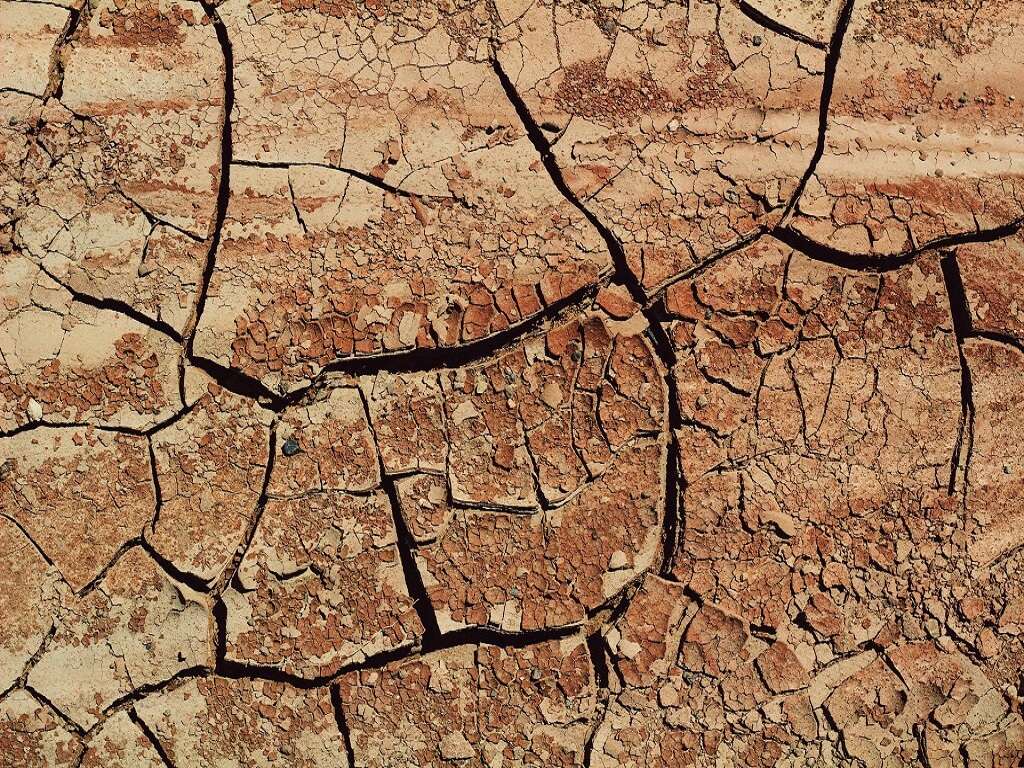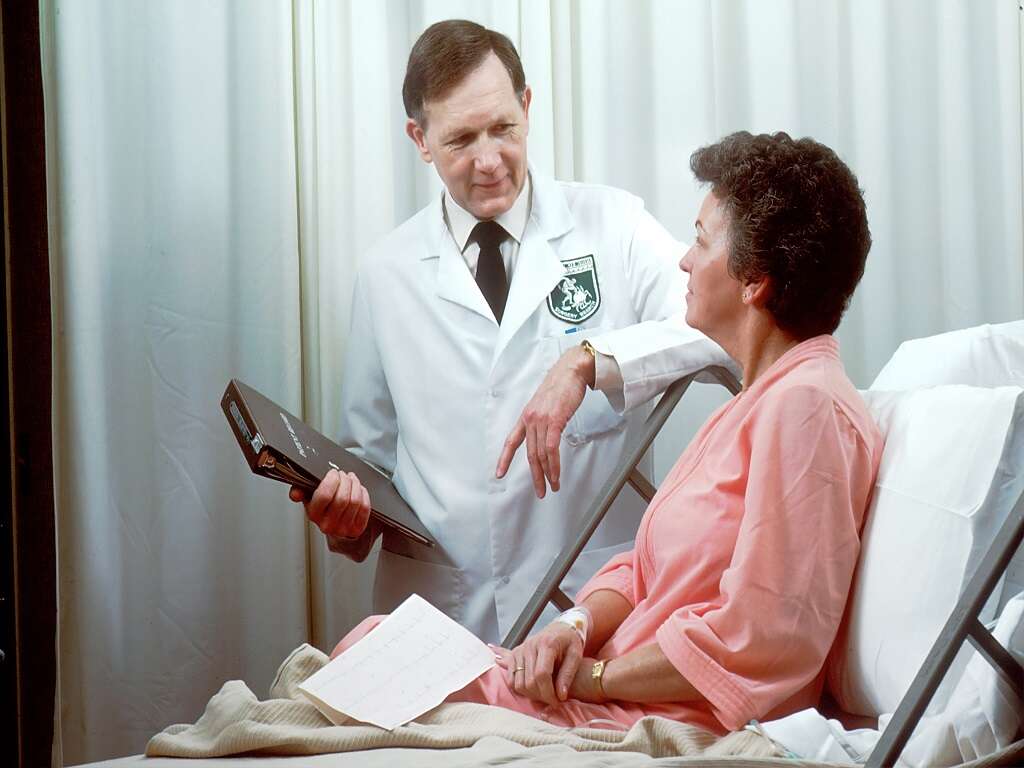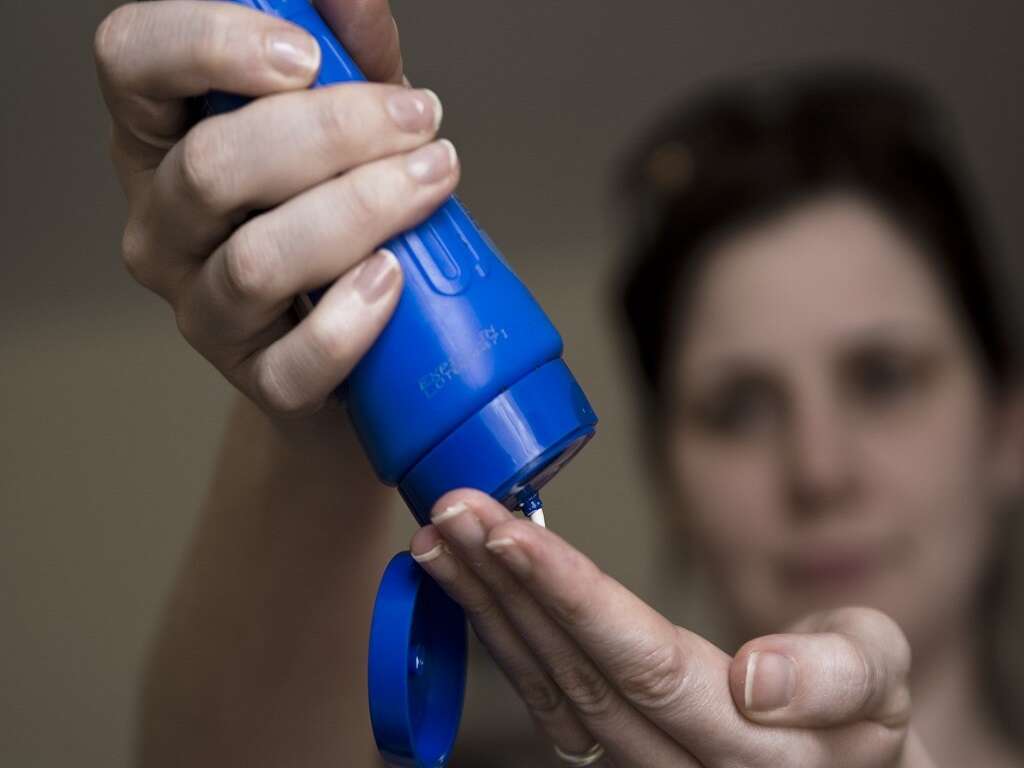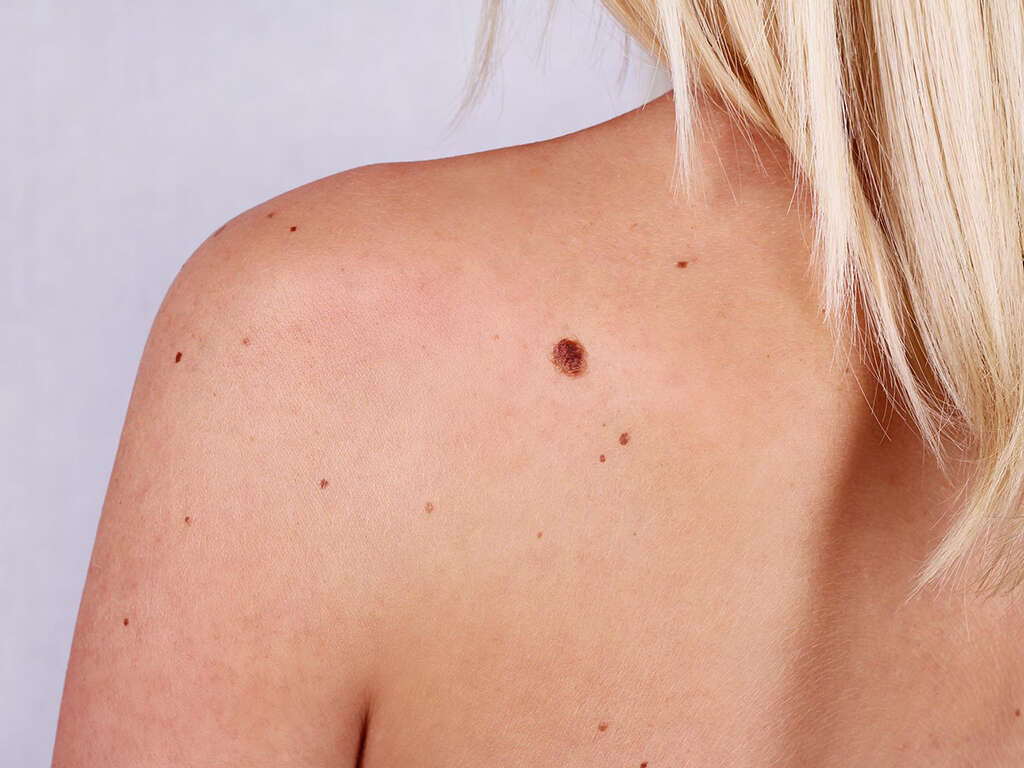10 Basal Cell Carcinoma Symptoms
 Article Sources
Article Sources
- 1. Basal Cell and Squamous Cell Carcinoma Symptoms. Ucsfhealth.org, www.ucsfhealth.org/conditions/basal-cell-and-squamous-cell-carcinoma/symptoms.
- 2. Skin Cancer Types: Basal Cell Carcinoma Signs and Symptoms. American Academy of Dermatology, www.aad.org/public/diseases/skin-cancer/types/common/bcc/symptoms.
- 3. Basal Cell Carcinoma Warning Signs and Images. The Skin Cancer Foundation, 4 Jan 2021, www.skincancer.org/skin-cancer-information/basal-cell-carcinoma/bcc-warning-signs-images/.
- 4. Chlebicka, Iwona, et al. Is Basal Cell Carcinoma an Itchy Tumor? Clinical Characteristics of Itch in Basal Cell Carcinoma. Journal of Clinical Medicine, MDPI, 26 July 2020, www.ncbi.nlm.nih.gov/pmc/articles/PMC7465681/.
5. Pearly Bump or Nodule
One of the first signs of basal cell carcinoma is the emergence of a translucent or pearl-like nodule/bump that resembles a mole or pimple. These papules can get larger over time, and their structure could change.
If the nodule is different from the normal lumps and bumps on the individual’s body, it’s worth getting expert advice. Basal cell carcinoma skin cancer lesions tend to be strange in size and stature, lack symmetry and commonly appear in the head and neck region.2Skin Cancer Types: Basal Cell Carcinoma Signs and Symptoms. American Academy of Dermatology, www.aad.org/public/diseases/skin-cancer/types/common/bcc/symptoms.
Advertisement











